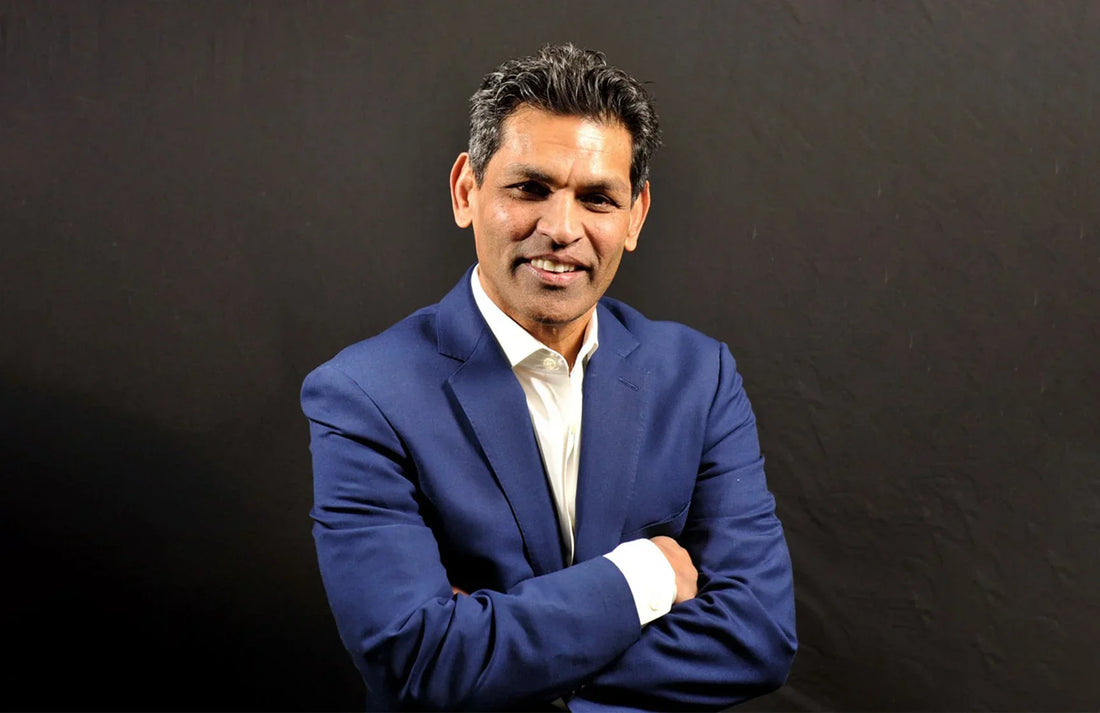The demand for high quality, reliable hybrid power continues to increase each year. There is also a particularly high demand for non-diesel energy source options for telecommunications networks.
The image of off-grid solar used to be primarily home systems or small cabins. While off-grid solutions do include remote communities and homes, applications also include applications ranging from eco-resorts and private residences to telecom microgrids, and remote lighting.
By 2022, the global telecom power system market will be worth approximately 4.53 billion. The telecommunications industry is aiming to reduce its carbon footprint. It’s also aggressively expanding infrastructure into off-grid areas- particularly in Africa and Asia, with the aim of universal coverage.
Mobile telecommunications networks require huge amounts of power, and in many markets, grid power is unreliable, making diesel fuel the next best choice.
Not only is replacing energy from the grid with solar energy and offsetting fossil fuel sources like diesel environmentally responsible, but it can provide telecommunications companies with higher shareholder value and lower operating expenses.
Power from the grid is expensive, and costs continue to rise. By choosing hybrid and off-grid power options, telecommunications companies can protect themselves from increasing expenses.
In many parts of the world, telecom towers, remote communities, and mining operations all use diesel generators. Even if we ignore the environmental impact of diesel, it also puts a large strain on financial planning and expenses. Hybrid and solar options are much more financially and environmentally sustainable.
Telecommunications in the Developing World
Large portions of the developing world currently have limited access to communication technologies, largely due to the lack of network coverage.
Some areas simply have a low population density which does not support traditional cellular deployment. Others are located too far from established infrastructure for deployment to be possible economically. For this reason, there are many rural areas where residents do not have access to any network coverage at all.
In developing countries, increasing access to mobile phones is helping combat poverty. In countries without landline networks, for every 10% of the population with access to a mobile phone, GDP rises 0.5% every year. Mobile connectivity provides knowledge and work opportunities while increasing trade and economic development.
But adding hundreds of millions of mobile users can only increase the destructive environmental impact of diesel- unless telecommunications companies can use an alternative power source.
How Telecommunications Companies Can Gain a Competitive Edge with Off-Grid Power
Hybrid and off-grid power options give telecommunications companies the ability to provide disruption-free, seamless services to customers. Companies can improve power quality and reliability while achieving environmental sustainability and reducing CO2 emissions.
Off-grid options also allow telecommunications companies to reduce their electric bills, increasing profits and earning an excellent ROI on their investment.
Off-grid power solutions often use a combination of solar, diesel, wind, methanol, and battery resources. These are designed to provide sustainable energy in a range of situations, including extreme climatic conditions and remote installations that are typically left unattended for long periods of time.
Not only are hybrid power systems becoming more energy efficient and cost-effective, but installation costs are decreasing as the use of renewable energy sources increases. With a much lower environmental impact and a lower cost, these hybrid and off-grid systems are able to complement and often even replace diesel power supplies.
It’s therefore easy to see why the global hybrid market is expected to reach $1.92 billion by 2019. Renewables are the fastest growing energy source in the world, with consumption expected to increase by 2.3% annually between 2015 and 2040. This shift demonstrates why the telecommunications industry can benefit from new ways of thinking about power generation and electricity systems.
Hybrid power combines a variety of power generation sources and storage options. Consider solar and wind energy, with wind available at night and solar during the day. The result is power that’s sustainable, reliable, and affordable- even in the most remote locations. Since different industries have different needs, the hybrid solution best for each industry will depend on numerous factors.
For the telecommunications industry, a combination of solar, battery, and chemical sources such as diesel or fuel cell technology work especially well, particularly for remote sites.
The answer? A hybrid power solution. This solution converts methanol into 12V or 24V DC. When bad weather strikes and the solar panels aren’t able to recharge the battery bank, the fuel cell takes over, recharging the battery bank. This can keep the equipment running continuously for 64 days, ensuring that all necessary readings are recorded.
Our EFOY ProCube is an off-grid power supply, which uses a combination of fuel cell technology and solar power. The fuel cell turns stored methanol into to electricity, and the multiple power sources make it a reliable choice for companies who need uninterrupted service.
This system was designed to provide continual, sustainable energy wherever power is needed- such as remote telecom towers and hard-to-reach industrial and commercial operations. Whether you’re aiming to tackle rural mobile connectivity with off-grid energy or bolster a continually interrupted power supply with a reliable solution, the EFOY ProCube is a trustworthy, maintenance-free choice.

















































